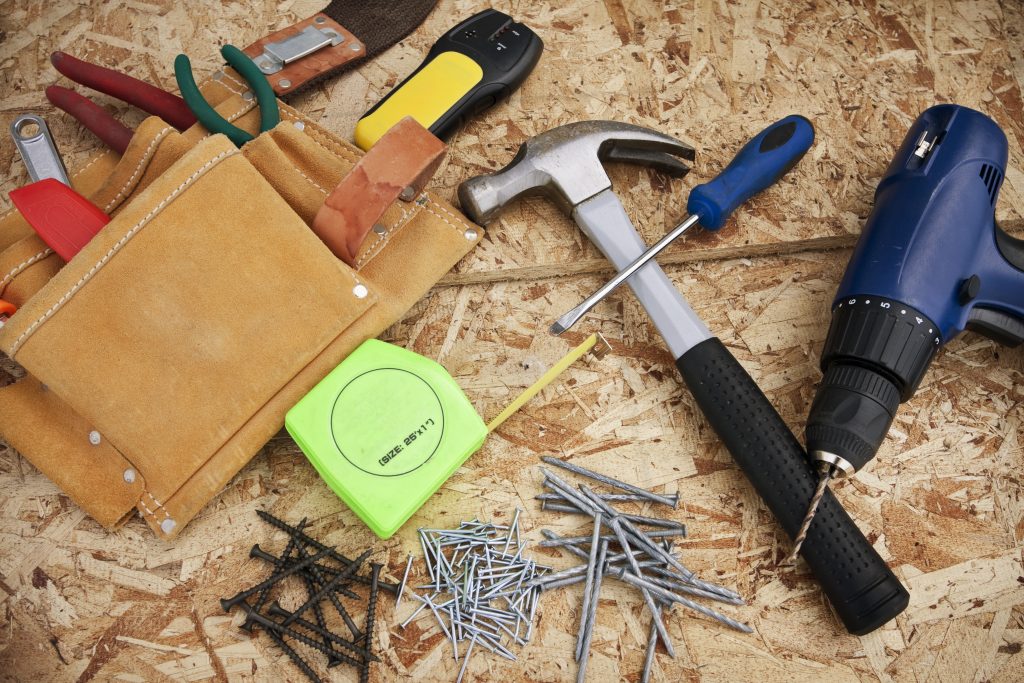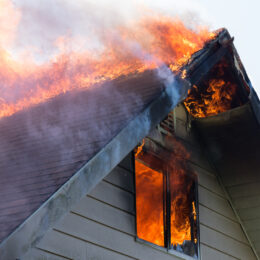
There’s nothing more satisfying than seeing the results of a do-it-yourself (DIY) project you’ve been working on – but are you making electrical safety a top priority when you power up the necessary tools? These tips will remind you to always put safety first!
Before starting on a DIY task, acquaint yourself with your home’s electrical system. Learn how to turn off the power to the circuit, as well as how to test wires before touching them to make sure the power is off. Also learn where cables are in your wall to avoid drilling, nailing or screwing things into cables hidden in the wall.
When working on any sort of appliance, unplug it first to avoid risks like electrocution. Other ways to avoid electrocution from household voltages while working on a DIY project are:
• Wear rubber-soled shoes or boots when working with electrical circuits.
• Use tools like pliers, wire strippers, and screwdrivers that have rubber-coated handles.
• Always use good quality tools to reduce risk of accidents.
• Never touch plumbing or gas pipes.
When working with power tools, always follow safe practices. Most power tool-related electrocutions occur when equipment comes in contact with live electrical wires while being used. Before using any power tools, check that the cord and plug are in good condition. If you can see signs of damage (such as frayed wires) get the equipment repaired before using it or replace it if it cannot be fixed. And always watch out for the power cord so you don’t accidentally cut through or trip over it.
Personal protective equipment that will keep you safe during a DIY project are safeguards for tools, safety goggles, hearing protection, dust masks and gloves.
Most importantly, remember to never attempt a project beyond your skill level. If you’re not 100 percent confident you know how to proceed with a project, hire a qualified, licensed electrician to tackle electrical projects in your home.
“Most folks do not have the training or experience needed to safely perform home electrical work,” said Jon Elkins, vice president of safety, training and compliance at Indiana Electric Cooperatives. “Working with electricity requires thorough planning and extreme care. Cutting corners can be a costly — and deadly — mistake.”
Remember: there’s no shame in asking for help! Contact your local electric cooperative if you ever have any questions about who to contact about electrical safety.



